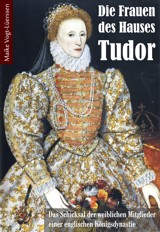als Buch bei amazon.de: 552 Seiten, mit Stammtafeln und 292 sw Bildern, Independently published, 1. Auflage, ISBN 978-1-9768-8527-3, € 31,84 (großes Buchformat: 21 x 27 cm)
als E-Book bei amazon.de erhältlich, ca. 1.000 Seiten mit Stammtafeln und 292 Bildern, € 29,89









